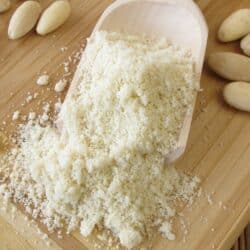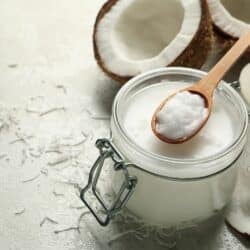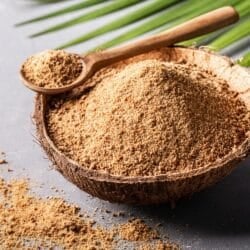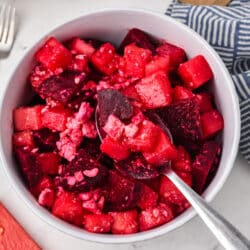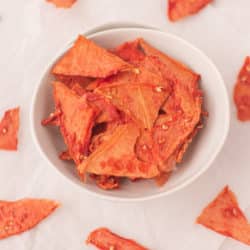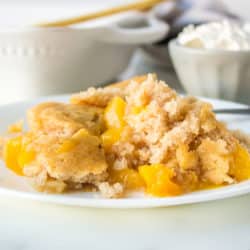6 Substitutes for Coconut Nectar (& How Much to Use)
If you need coconut nectar in a recipe, but don’t have any on hand, you’re in luck! There are many great substitutes that can give your food that same delicious flavor and sweetness. Here are some of the best substitutes for coconut nectar including coconut sugar, maple syrup, agave nectar, honey, molasses, and date syrup.
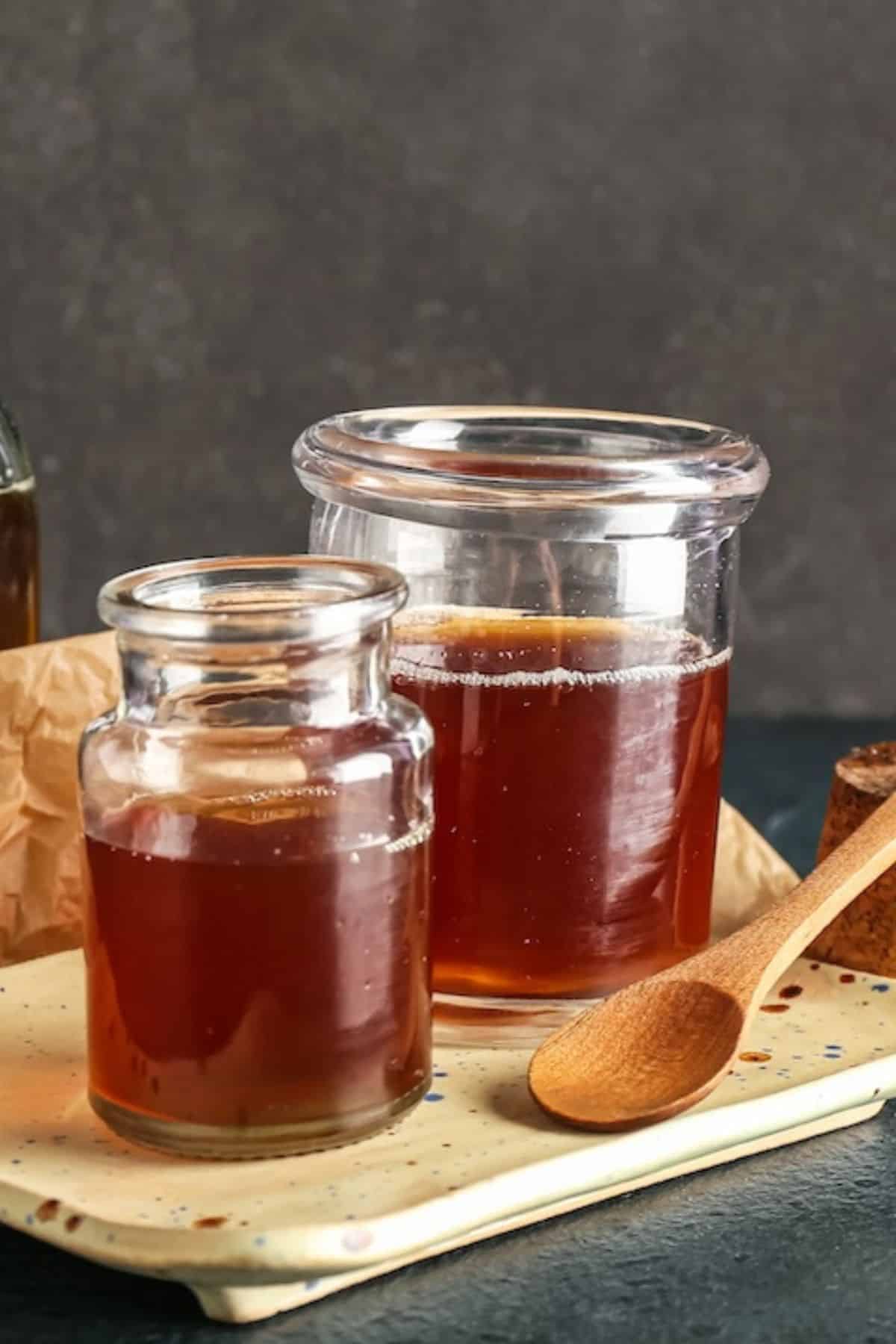
Overview of Coconut Nectar
Coconut nectar is a delicious alternative to refined sugar. It is made using sap collected from coconut blossoms, which is slowly heated until it thickens to a naturally sweet syrup (it’s also often called coconut syrup).
It has a lovely caramel color and a subtle, caramel-like taste! And because it is minimally processed, it contains much of its natural goodness. This liquid sweetener is considered a natural sweetener and one of the healthier alternatives to regular table sugar.
It’s gotten popular in recent years and can be found in most grocery stores.
You can also find coconut palm sugar which is the granulated version of the nectar.
Coconut nectar production is considered a sustainable practice. It requires fewer resources than the farming of sugarcane or sugar beets and leaves the tree unharmed.
Substitutes for Coconut Nectar
If your recipe calls for coconut nectar but you don’t have any to hand, there are several good alternatives to try.
Here we’ll take a look at how they compare in terms of taste and nutrition, and which dishes they’re best for.
1. Coconut Sugar
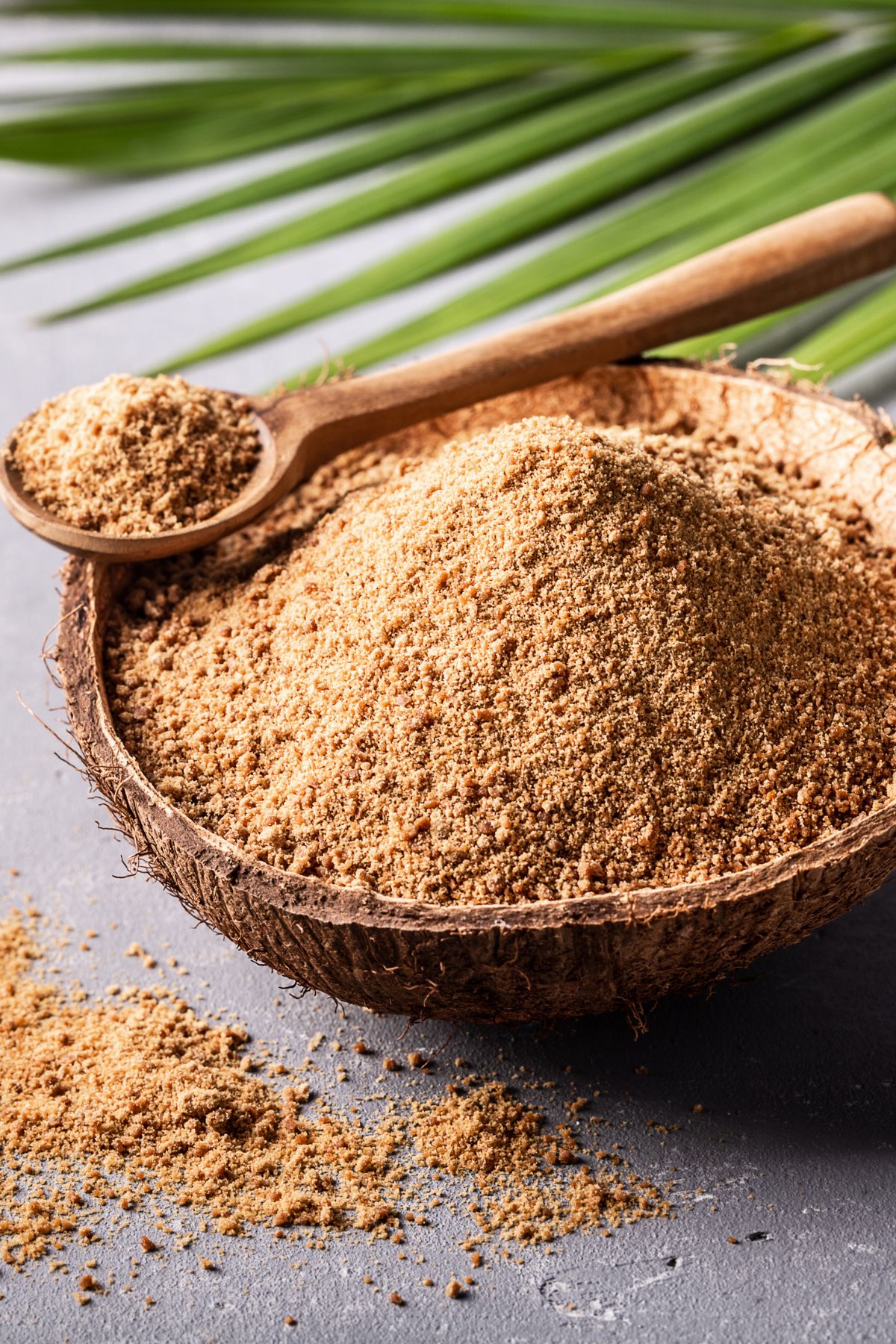
One of the best alternatives to coconut nectar syrup is coconut sugar, which is also made from the sap extracted from coconut blossoms of coconut palms.
To make coconut sugar, the sap undergoes further heating, which reduces its nutrient content somewhat. That said, it’s still higher in nutrients than table sugar.
The main difference, however, is the taste. Coconut sugar has a stronger, more pronounced caramel flavor, with molasses notes akin to brown sugar or turbinado sugar.
Plus, of course, the texture is completely different, and where coconut nectar blends easily into any dish, coconut sugar can be used to add a little crunch.
Use coconut sugar as an alternative to coconut nectar in baked goods, and in coffee and desserts where the stronger flavor will work well.
I personally find the assertive caramel taste a little too overpowering for some savory dishes, so use with care in sauces and marinades.
To substitute one tablespoon coconut nectar, use one tablespoon coconut sugar.
Just remember you may need to adjust the liquid content of baked dishes to make up for the lack of liquid from the nectar.
2. Maple Syrup
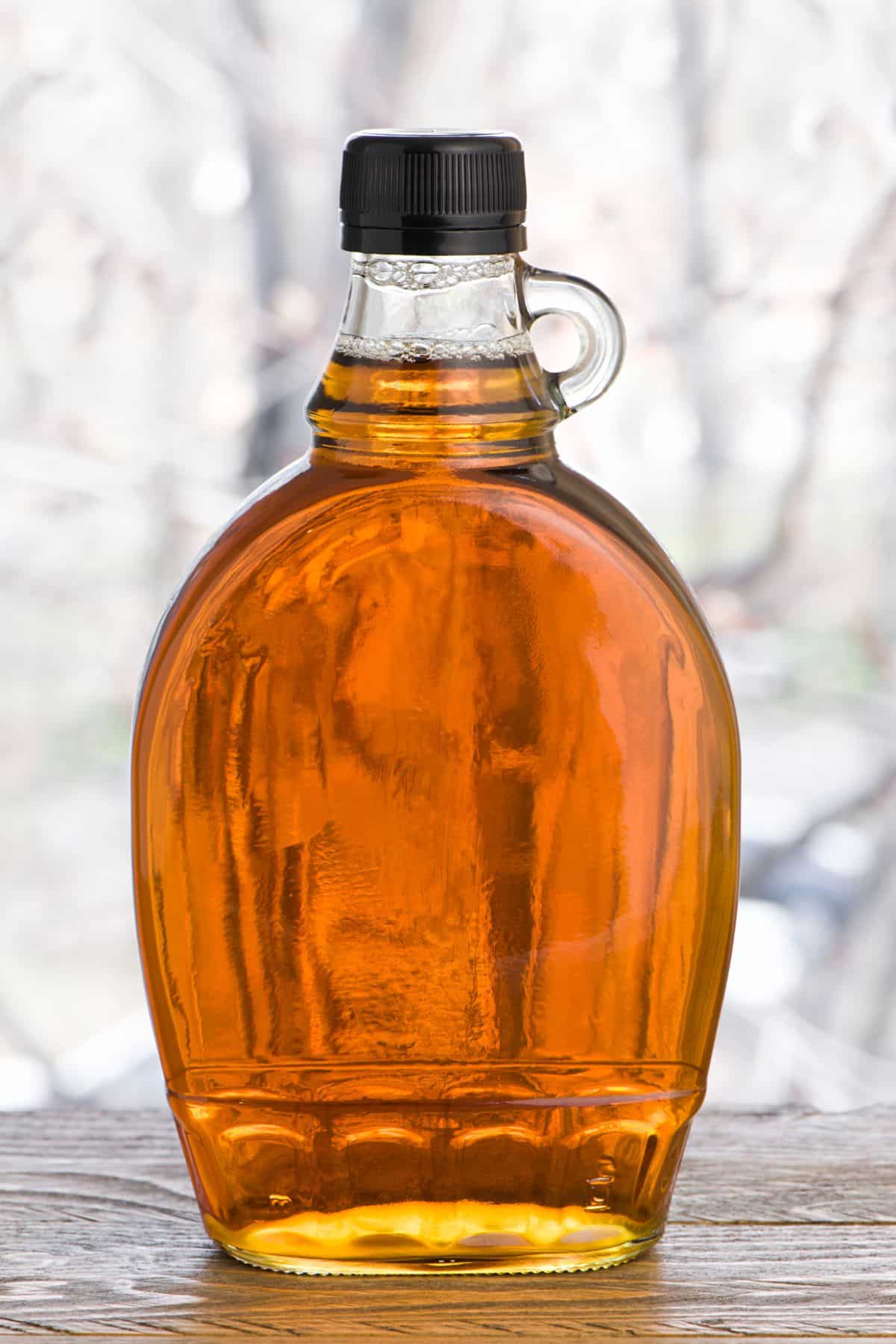
Made from the sap of the maple tree, pure maple syrup undergoes very little processing and is one of the best coconut sugar substitutes.
Like coconut nectar, this means it retains many of its original nutrients, including trace amounts of minerals like calcium, magnesium, iron, and some antioxidants.
Its glycemic index, however, is slightly higher, so it can cause your blood sugar levels to rise (and fall) more rapidly. Maple syrup is also higher in calories.
It has a more robust taste than coconut nectar, so it’s best used in dishes where you really want that maple flavor to stand out.
This makes it ideal for baking, desserts, and drizzling over foods like oatmeal, pancakes, and waffles.
To substitute one tablespoon coconut nectar, use one tablespoon maple syrup.
3. Agave Nectar
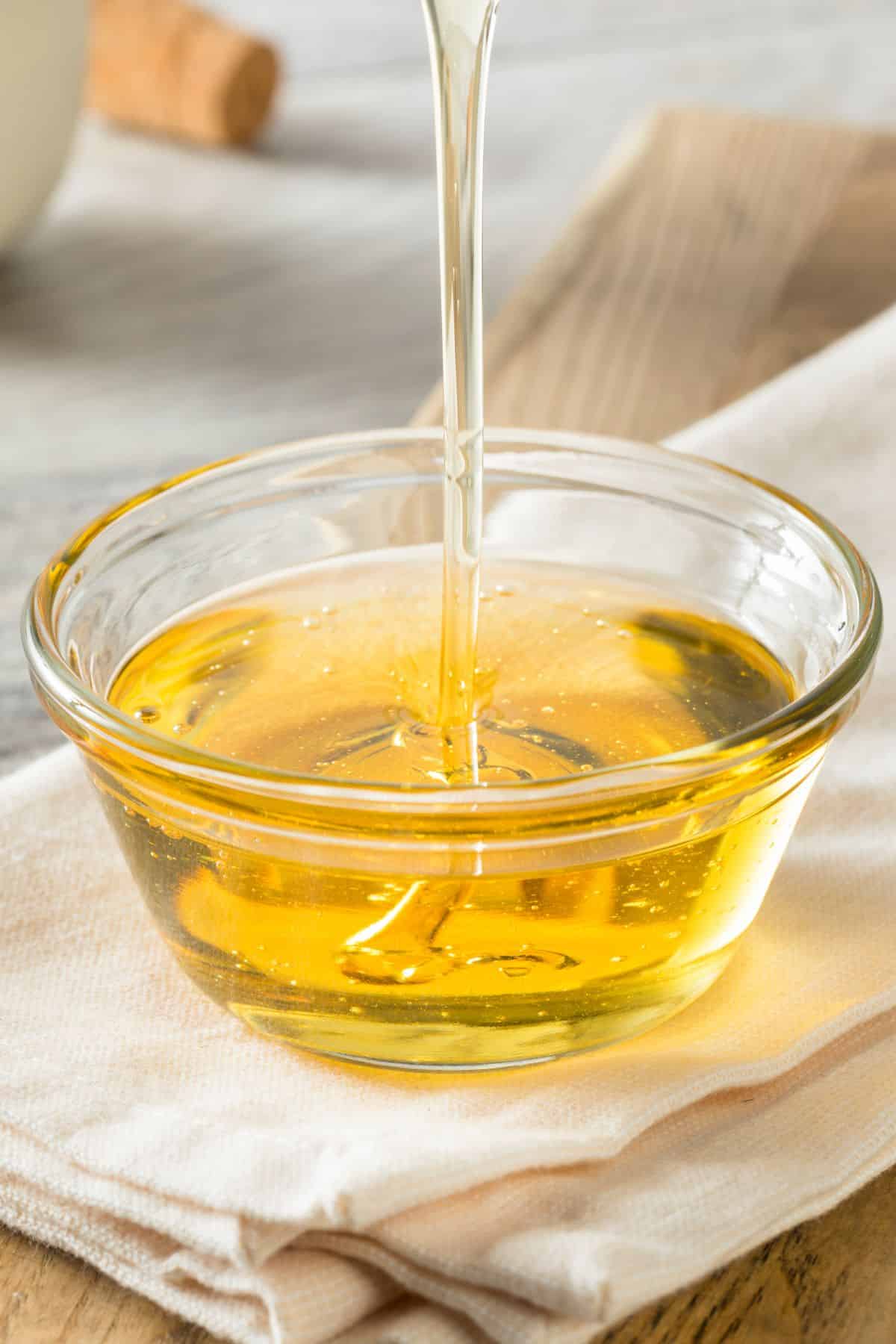
Also known as agave syrup, agave nectar comes from the sap of the Mexican agave plant.
It has a similar calorie content and nutritional profile to coconut nectar, plus a low glycemic index. This means it won’t raise your blood glucose levels as quickly as other sweeteners.
Agave nectar is a little thinner and sweeter than coconut nectar, so it’s best for baking, drinks, and drizzling over desserts. Be sure to take that extra sweetness into account if using it in savory dishes.
To substitute one tablespoon coconut nectar, use 2/3 tablespoon agave nectar.
4. Honey
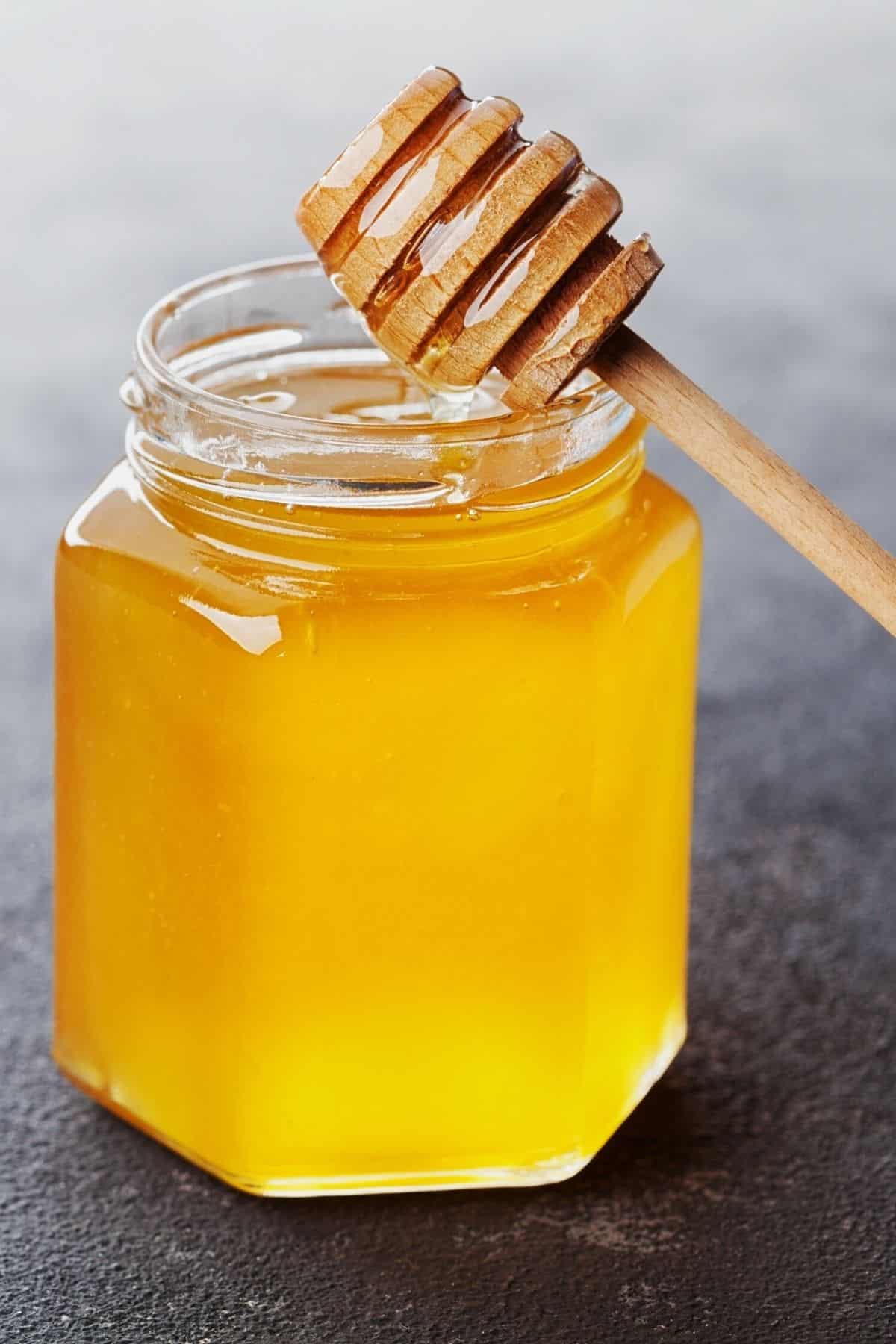
Honey is a readily available substitute for coconut nectar that works well in many recipes, but there are a few differences to consider.
It is derived from bees, so – unlike coconut nectar – it’s unsuitable for vegan dishes.
It also has a distinctive taste that varies from one type to another and is quite different from the caramel flavor of coconut nectar. This can add an interesting twist to some recipes that you may well prefer, but it’s something to bear in mind.
Honey is sweeter, thicker, and stickier than coconut nectar, so you may need to adjust your baked recipes a little to account for this. It can also cause foods to brown more rapidly, so you may want to adjust the temperature too.
The nutritional value of honey varies from one type to another. For maximum benefits, choose unprocessed honey (also called raw honey), which is higher in vitamins, minerals, and antioxidants. Manuka honey is particularly good, with antibacterial, anti-inflammatory, and antioxidant properties.
Use honey in any recipe calling for coconut nectar, including baked goods, marinades, dressings, and hot beverages.
To substitute one tablespoon coconut nectar, use 2/3 tablespoon honey.
5. Molasses
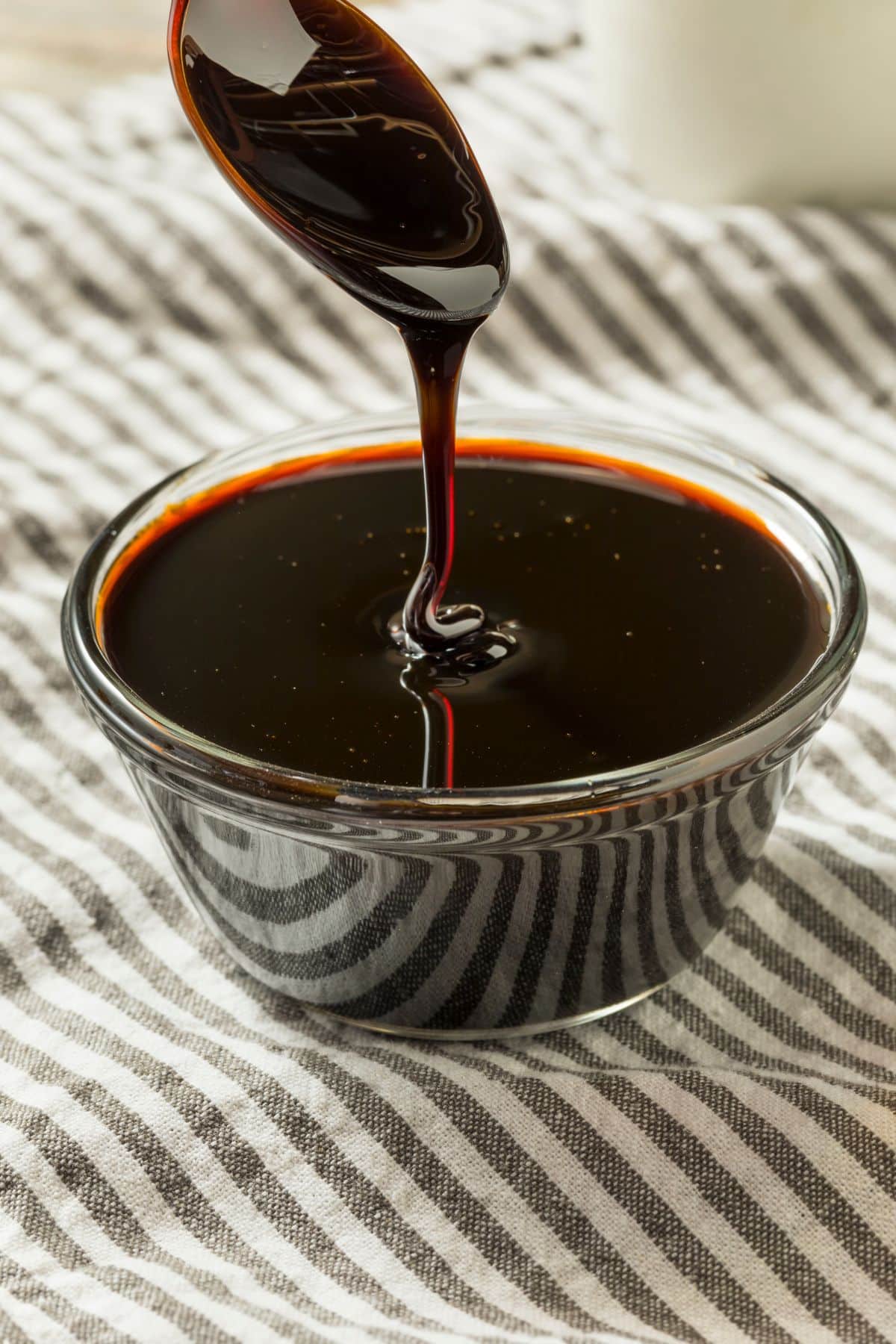
Molasses is a by-product of sugar production. It is much darker in color than coconut nectar and has a much thicker texture. But the biggest difference is probably in its taste, which is far more powerful and robust.
It makes a great substitute for coconut nectar in baked recipes, especially gingerbread and spiced cakes which really benefit from that rich flavor.
It adds an interesting dimension to savory dishes, too, and works so well in barbecue sauces, baked beans, and marinades that you might decide to switch to it permanently!
What’s more, molasses is more nutritious than coconut nectar, rich in vitamins and minerals, and especially high in iron.
Blackstrap molasses – regular molasses boiled twice – is an even better source, but it has a slight bitterness to it that not everyone enjoys.
To substitute one tablespoon coconut nectar, use around 2/3 tablespoon molasses and adjust to taste.
6. Date Syrup
Date syrup makes a fantastic substitute for coconut nectar in both sweet and savory dishes.
It is made from concentrated date juice and therefore naturally very sweet, more so than coconut nectar.
Its flavor is rich, with notes of caramel, and it is higher than coconut nectar in nutrients, containing a significant amount of potassium, along with some calcium and iron.
It even contains a little fiber, which isn’t often found in sweeteners!
On the downside, date syrup has a higher glycemic index than coconut nectar, although it’s still a healthier option than refined sugar. It can also be more expensive than coconut nectar.
To substitute one tablespoon coconut nectar, use around 1 tablespoon date syrup.
Bonus Alternatives
In addition to the options above, you could also try date sugar, maple sugar, light brown sugar, dark brown sugar, or raw sugar in place of coconut nectar. The problem is that these are dry sweeteners and coconut nectar is a liquid sweetener.
So, it can be harder to make the conversion in recipes, especially when baking.
Culinary Uses
Coconut nectar is a very versatile ingredient that works well in all sorts of dishes.
It makes an ideal replacement for refined sugar in baked goods, adding a delicious hint of caramel to cookies and cakes.
It’s also amazing drizzled over pancakes or oatmeal, or used to sweeten tea, coffee, and smoothies. In fact, it makes a good vegan-friendly alternative to honey.
Because of its subtlety, coconut nectar also works well in savory dishes, particularly sauces and dressings. And it’s very popular in Indonesian and Thai cuisine, where it’s often used in marinades and glazes.
Nutrients In Coconut Nectar
Coconut nectar is mainly made of sucrose, with a little fructose and glucose.
It contains around the same number of calories as regular sugar but has a lower glycemic index. This means it doesn’t affect your blood sugar levels as dramatically.
It also contains some trace minerals – including magnesium, potassium, zinc, copper, and iron – plus small amounts of B vitamins and antioxidants.
Experts agree that coconut nectar is a healthier option than most other commercial sugars, although it’s important to remember that it’s still a form of sugar and is best consumed in moderation.
See my full list of the best sugar alternatives.
Health Benefits of Coconut Nectar
The small amounts of vitamins, minerals, and antioxidants in coconut nectar are useful for a variety of functions in the body, from supporting the immune system to promoting heart health.
But the main benefit of consuming coconut nectar instead of white sugar is its low glycemic index.
This causes your blood sugar levels to rise gradually rather than spike, making coconut nectar a potentially good option if you have diabetes (but, of course, always speak to your doctor first).
Don’t Miss These Articles About Substituting Ingredients!
Conclusions
As you can see, there are several excellent and natural substitutes for coconut nectar that add their own unique flavors to your dishes. Better still, many contain similar amounts of nutrients, with some – like Manuka honey and blackstrap molasses – making particularly healthy choices.
Have fun experimenting with these alternatives to coconut nectar. You might find that you enjoy them enough to start using them in your recipes more often!
Don’t forget to join my newsletter list to get exclusive clean eating recipes and tips. The newsletter is 100% free with no spam; unsubscribe anytime.
About the Author: Carrie Forrest has a master’s degree in public health with a specialty in nutrition and is a certified holistic nutritionist. She is a top wellness and food blogger with over 5 million annual visitors to her site. Carrie has an incredible story of recovery from chronic illness and is passionate about helping other women transform their health. Send her a message through her contact form.




